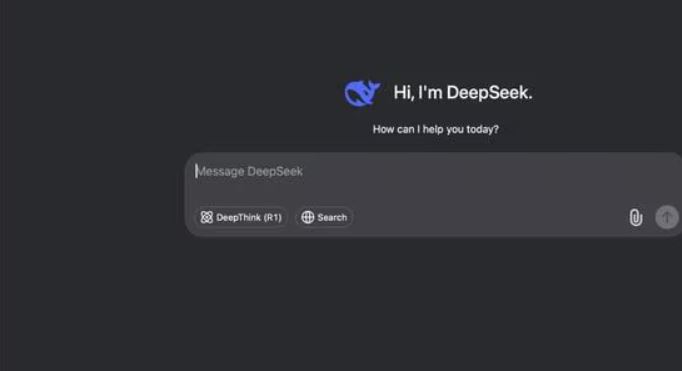South Korea has intensified its scrutiny of Chinese artificial intelligence (AI) startup DeepSeek, imposing access restrictions across multiple government agencies and critical infrastructure sectors.
The country’s industry ministry confirmed on Wednesday that it had temporarily blocked employee access to DeepSeek over security concerns.
The move aligns with broader global efforts to regulate and assess the risks posed by foreign AI models, particularly those developed in China.
The restrictions come amid growing fears that DeepSeek, which launched its latest AI models last month, could pose a threat to data security.
South Korea’s foreign ministry, defence ministry, and Korea Hydro & Nuclear Power—operator of the nation’s nuclear power plants—have all limited or blocked access to DeepSeek on their networks.
Meanwhile, Kakao Corp, a major South Korean tech firm, has advised employees to avoid using DeepSeek due to security concerns.
South Korea is not alone in taking precautionary measures. Taiwan and Australia recently imposed a complete ban on DeepSeek across all government devices, while Italy’s data protection authority ordered the company to block its chatbot earlier this year.
Private sector firms tighten AI policies
Beyond government restrictions, South Korea’s private sector is also tightening its policies on generative AI tools.
Kakao Corp’s decision to restrict DeepSeek usage follows its recent partnership announcement with OpenAI, raising questions about the influence of Western AI firms in the region.
The company, which operates South Korea’s largest chat app, has reportedly warned employees against using AI services that store data externally.
Leading semiconductor firm SK Hynix, a major supplier of AI chips, has also placed limitations on the use of generative AI services.
While it permits restricted access when necessary, the company remains cautious about integrating foreign AI into its operations.
Similarly, web portal giant Naver has instructed employees to avoid AI tools that store data beyond company-controlled servers.
The shift in AI adoption policies highlights the increasing concerns over how personal and corporate data is managed.
South Korea’s privacy watchdog has stated that it plans to request detailed information from DeepSeek regarding its data handling practices, underscoring the government’s intent to take a proactive regulatory approach.
Deepening global divide in AI governance
The restrictions on DeepSeek reflect a broader geopolitical shift in AI governance, as countries seek to balance technological innovation with national security risks.
The rise of Chinese AI firms has prompted heightened scrutiny from Western and Asian governments alike, amid concerns about data sovereignty and potential misuse of AI-generated information.
Italy’s earlier decision to ban DeepSeek over privacy policy failures set a precedent for tougher AI regulations, and South Korea’s latest move suggests that more countries may follow suit.
Earlier, India’s ministry of finance also banned the use of DeepSeek by its employees
Regulators in the United States, Europe, are also evaluating the potential risks associated with DeepSeek’s AI models.
At the same time, China continues to invest heavily in AI, positioning its firms as competitors to US tech giants such as OpenAI and Google.
DeepSeek has claimed that its models are comparable to or even superior to Western counterparts while being significantly more cost-effective.
The post South Korean officials raise alarms over DeepSeek AI security concerns appeared first on Invezz

